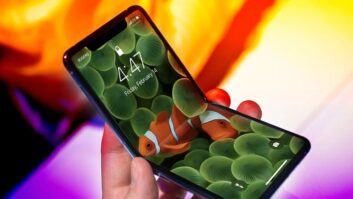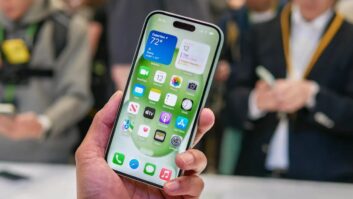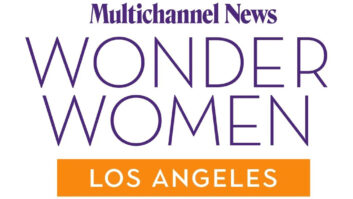Washington — The Obama administration vetoed an import ban imposed by the International Trade Commission (ITC) on older cellular-equipped iPads and iPhones that operate on the AT&T network.
The ban, sought by Samsung, would have gone into effect today had not the U.S. Trade Representative issued the veto.
U.S. trade representative Michael Froman said he issued the veto because the ban would harm consumers and the U.S. economy. He said Samsung could pursue enforcement of its cellular-related patent by seeking monetary damages in courts.
The products at issue are the iPhone 4, iPhone 3GS, iPad 3G, iPad2 3G and iPad 3, but only the iPhone 4 and cellular-equipped iPad 2 were available on the Apple and AT&T online stores at the time the ITC issued its ban in June.
Apple contended that the technology in question is an essential part of a cellular-industry standard and has tried to license the technology, but Apple contends Samsung isn’t licensing that technology under fair, reasonable, and non-discriminatory (FRAND) licensing terms as contributors to industry standards-settings bodies normally do.
The veto, which can’t be appealed, was the first veto of an ITC decision in decades.
The decision could dissuade telecom and technology companies from pursuing import bans against rivals in the future and steer those companies toward pursuing monetary damages in courts, although courts could also impose sales bans.
In a letter to the ITC, Froman advised the commission that it “should be certain to … examine thoroughly and carefully on its own initiative the public interest issues presented both at the outset of its proceeding and when determining whether a particular remedy is in the public interest.”
Froman’s decision was criticized by technology companies in the Innovation Alliance, whose members include Qualcomm, InterDigital and others. The group contended that Froman’s letter to the ITC “offers no explanation of the reasons for the disapproval, presenting participants in standard-setting bodies with perhaps the worst of all possible outcomes—da decision that overturns decades of settled understanding without clear guidance to the parties to inform their future FRAND negotiations.”
In addition, the alliance said, “’The decision is particularly damaging given that the patent at issue was never found to be standard-essential but was only declared by its owner that it might be or might in the future become essential.”
The alliance continued, “It is hard to see how this decision will do anything but lead to less participation in standard-setting bodies and more litigation involving not just standard-essential patents but also declared-standard essential patents. That is bad for innovation and bad for U.S. consumers.”













